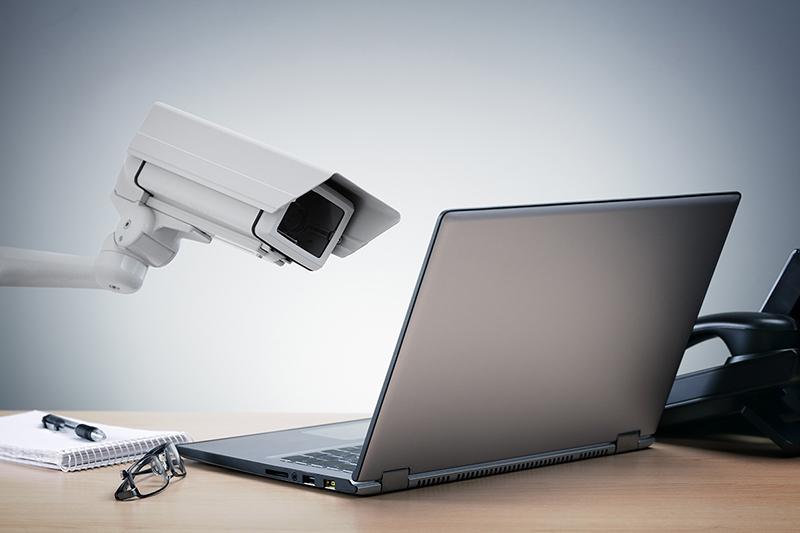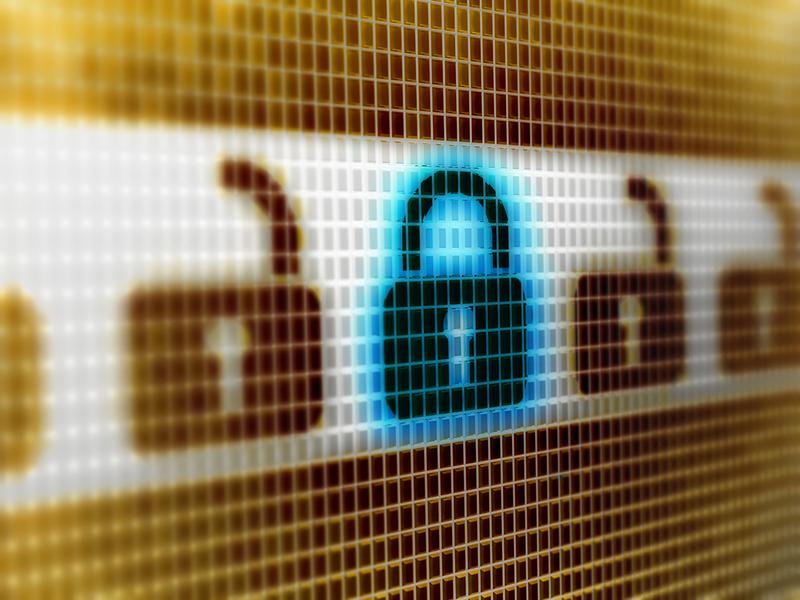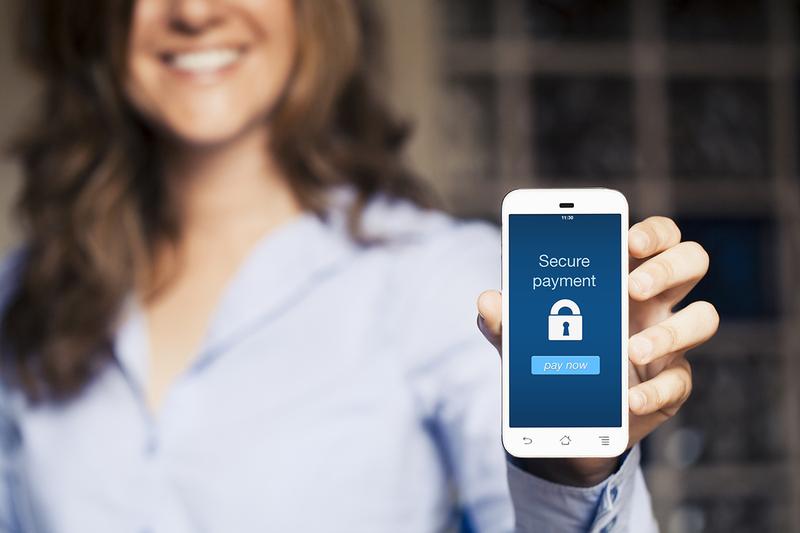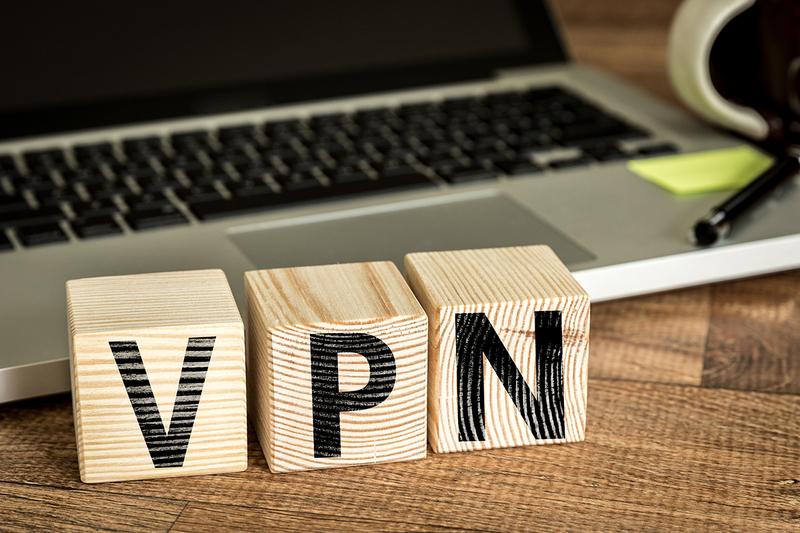5 Little Known Facts That Could Affect Your Privacy Online

It’s easy to get lulled into a false sense of security online.
The Internet makes shopping, traveling, even meeting new people so easy that it starts to feel as if nothing bad could possibly happen.
Then it happens.
Maybe you get your Paypal account hacked and end up with thousands of dollars taken directly out of your bank account as happened to a business associate of mine.
Perhaps you have your online banking information fished and end up with fraudulent charges made all over the Internet.
Or maybe just maybe, you end up as one of the hundreds of thousands of victims of online identity theft that occur every single year.
If you’re a victim of identity theft, your credit can be destroyed for years and you may find yourself with frozen assets or even liens on your paycheck, all from debts you did not authorize.
By now you should have heard the bare basics of protecting your privacy online, but if you haven’t, I’ll re-cap briefly.
The Basics of Online Privacy, VPNS and Passwords
The first basic of online privacy is using complex passwords on every account you have. Use complex passwords that include upper and lowercase letters, at least one number and a symbol. Make sure to change your passwords every 6-12 weeks.
Use a VPN to hide your IP address. VPN or virtual private network, services like securevpn.com are a lifesaver when it comes to online privacy! Not only do they hide your IP address rendering you virtually untraceable online, they also change your location. Online privacy experts agree that if you are not using a VPN, you are not protecting your privacy online!
In addition to basic measures, there are additional threats to your privacy online that you may not even be aware of!
5 Little Known Facts That Affect Your Internet Privacy:
1. Your Location is Being Tracked. One of the most common prompts now for websites and apps alike is asking to use your location. Your cellphone, laptop and tablet have been turned into tracking devices for all intents and purposes. While geo-targeting does sometimes allow you to get better deals, it also allows whatever app or website is using it to track you more closely and gather more data about you. While most of us law-abiding citizens have nothing to fear from being tracked, it should be noted that multiple law enforcement agencies do not require a warrant for cell phone data. A VPN service like securevpn is a great way to keep your location from being tracked on any of your devices.
2. Your face has been recognized and stored. Ever upload a group picture onto Facebook and have it automatically tell you who is in it? The wide spread use of facial recognition software means that your face is stored all over the Internet. Many of these facial recognition programs don’t even offer you a chance to opt out before uploading. The worst part is that once a photo is uploaded on a social network it stops being your property and retaining your likeness rights and becomes property of the network instead, even if you didn’t upload it! Be careful when uploading photos online, and even though it’s a pain be sure to read the privacy statements on any sites you upload photos to.
3. The Cloud isn’t as secure as you think it is. Due to its ease of use and convenience, backing up your data to the cloud, has replaced backing up your data on a hard drive. The problem is that the level of security provided by each back up is remarkably different. It is highly unlikely that anyone will hack or steal your hard drive. On the other hand the cloud has been hacked multiple times. Understand that anything you send to the cloud has the possibility of becoming public information. If something is extremely sensitive consider backing it up on a hard drive that you can keep in your possession. If you are going to use the cloud be sure to encrypt your local wireless connection to make sure that your files are not intercepted. Also think about mislabeling files as hackers generally go for file names they think will contain interesting content like “photos.” Also be sure to use a VPN to hide your IP address and location when updating to the cloud to provide another layer of insulation between you and any damaging leaks.
4. Checking in is dangerous. One of the most self-inflicted losses of privacy occurs when we tag our location or check in places on social media sites. Not only does this let people know exactly where we are, but in the case of a bar or club lets people know we’ll be drinking and possibly inebriated. Statistics are not available on the amount of stalkings, rapes and murders that started because of check ins and social media in general but law enforcement agencies have commented, that it is a problem. Make sure you check to see if an app or website checks you in automatically and be careful not to add pictures of you out or drinking in real time. Better safe than sorry. A VPN that obscures your location makes checking in and accidentally revealing your location, impossible.
5. People are not always who they say they are. One of the easiest ways hackers phish data from victims is through the use of fake social media or dating site profiles. The criminal will create a fake profile and befriend or approach the victim then offer to send them photos or any other type of file. The file will be infected with malware and will phish for credit card information and other personal info. If you don’t know the person in real life, do not accept downloads from strangers, even if you’ve known them on Facebook or other online social media sites for years.
Understanding your rights related to Internet privacy is an important part of responsible Internet usage.
While it would be nice to think that no one on the Internet has bad intentions towards us, cyber crime, tracking and data monitoring are real issues that you must deal with while using the Internet.
If before reading this you felt like you were pretty secure in your sense of online privacy, I hope this article made you think again and consider taking additional safety precautions.
You have the right to privacy online and there are a variety of tools available from VPNS and proxies to good old-fashioned skepticism you can use to keep yourself safe!



